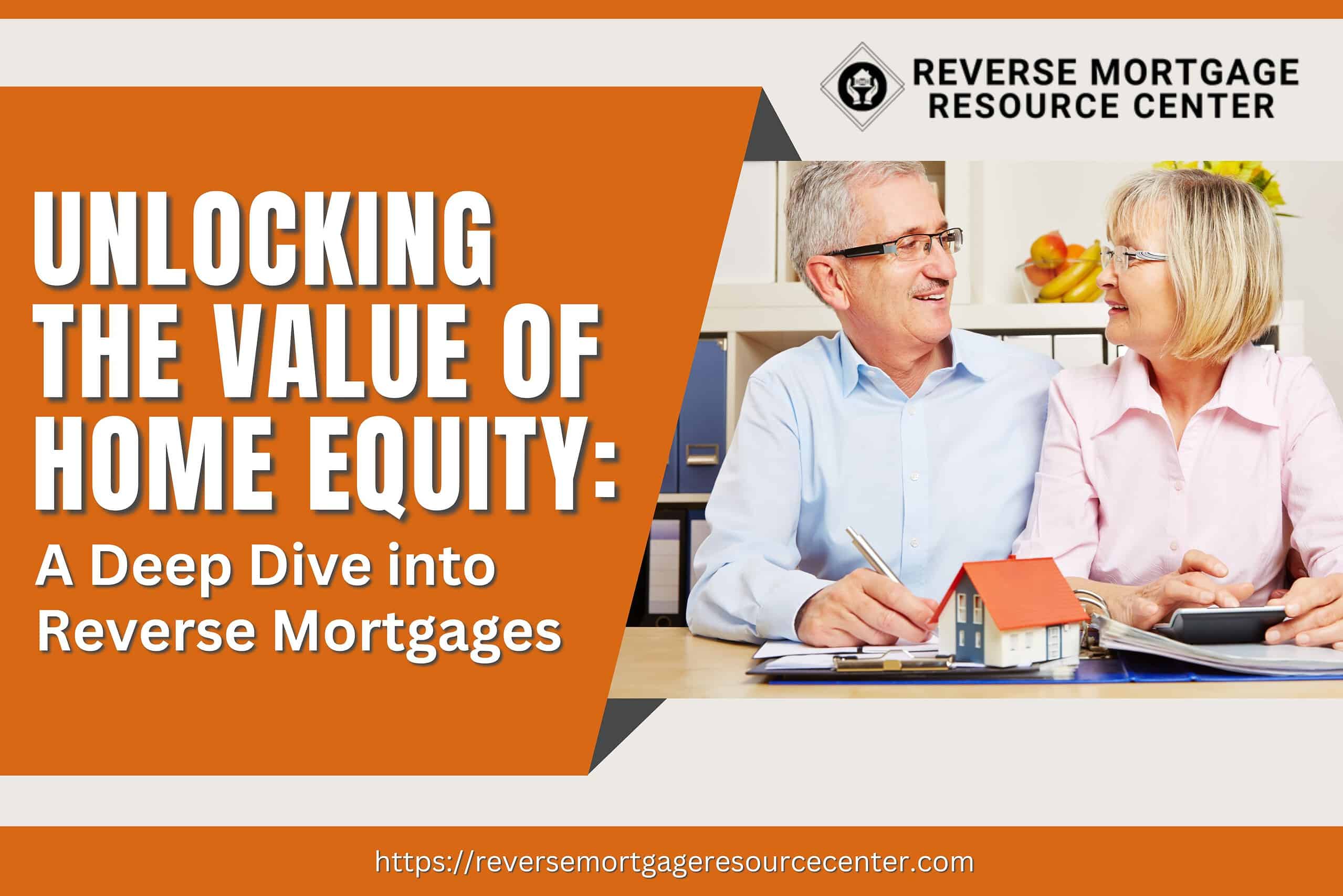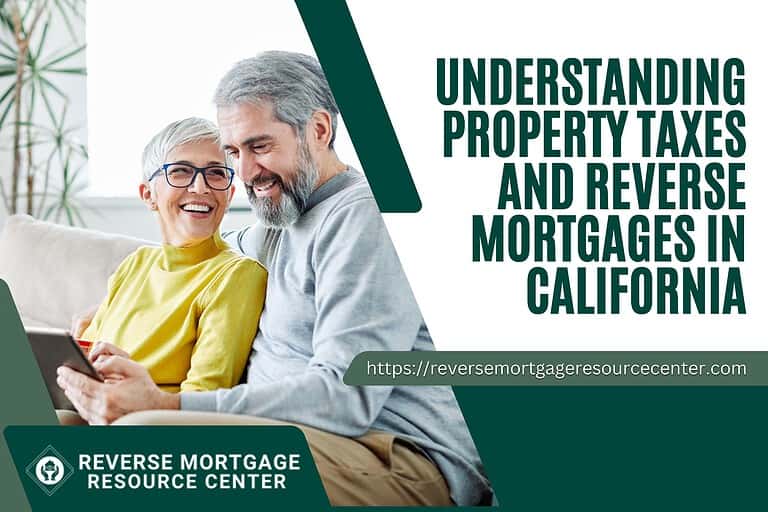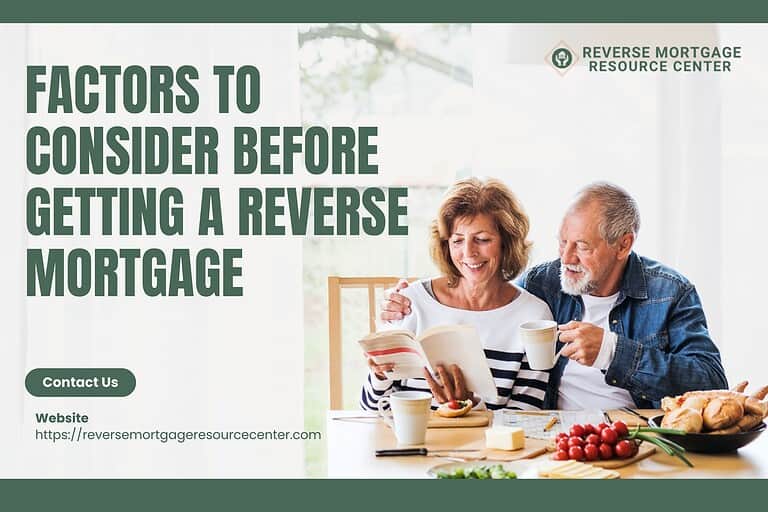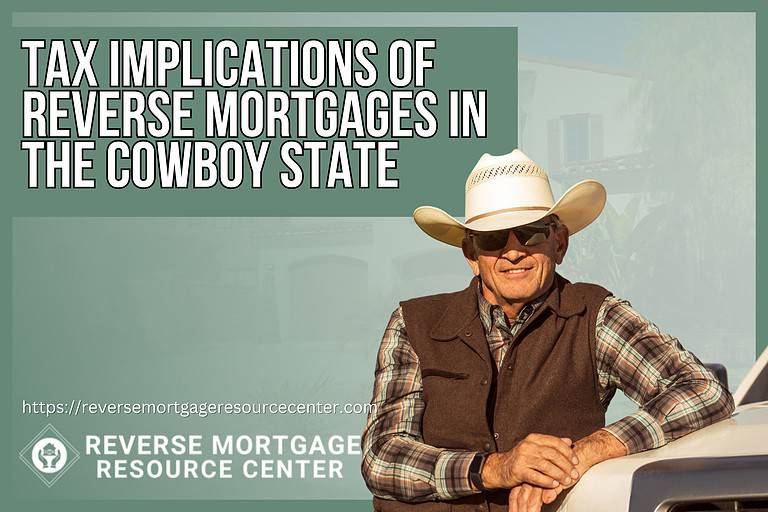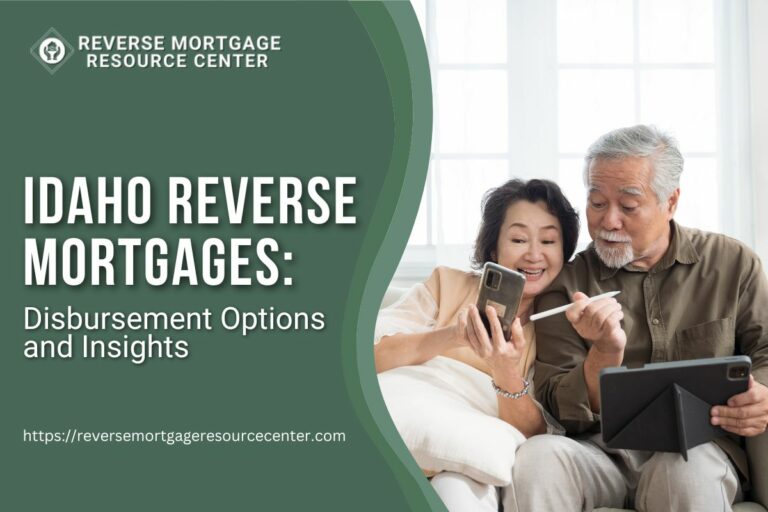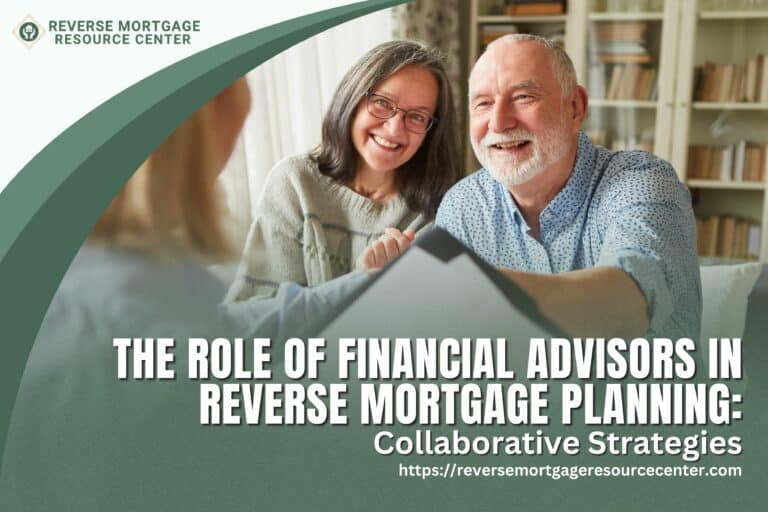Unlocking the Value of Home Equity: A Deep Dive into Reverse Mortgages
As seniors face the challenges of financial planning in retirement, exploring innovative solutions becomes crucial. One such financial tool that has gained popularity in recent years is the reverse mortgage. This unique financial instrument allows homeowners to tap into the equity built up in their homes, providing a source of funds without the need to sell or move. In this comprehensive guide, we will define reverse mortgages, explore their benefits, and delve into the different types available, offering invaluable insights for seniors seeking to unlock the value of their home equity.
Defining Reverse Mortgages
Understanding the Basics
A reverse mortgage is a financial product designed specifically for homeowners aged 62 and older. Unlike traditional mortgages where homeowners make monthly payments to a lender, reverse mortgages work in the opposite way. Instead of making payments, homeowners receive disbursements from the lender, essentially converting a portion of their home equity into readily accessible funds. This unique structure allows seniors to access the value of their homes without the burden of monthly payments, providing financial flexibility during retirement.
Eligibility and Requirements
To qualify for a reverse mortgage, homeowners must meet certain criteria. These typically include age requirements, primary residence status, and sufficient home equity. The amount that can be borrowed is influenced by factors such as the appraised value of the home, interest rates, and the age of the borrower. The eligibility criteria are designed to ensure that seniors with substantial home equity can benefit from this financial tool, offering a lifeline for those facing financial challenges in retirement.
Loan Repayment
One distinctive feature of reverse mortgages is that they do not require a monthly payment as long as the homeowner continues to live in the property. Repayment is triggered when the homeowner sells the home, moves out permanently, or passes away. At that point, the loan, including accrued interest, is typically repaid through the sale of the property. This unique repayment structure ensures that seniors can enjoy the benefits of their reverse mortgage without worrying about immediate financial obligations.
Exploring the Benefits of Reverse Mortgages
Supplementing Retirement Income
One of the primary advantages of reverse mortgages is their ability to provide seniors with a reliable source of funds to supplement income during retirement. This can be particularly beneficial for those facing financial challenges or unexpected expenses. The funds received from a reverse mortgage can be used for various purposes, including covering living expenses, healthcare costs, or home improvements. By unlocking the equity in their homes, seniors gain the financial flexibility to maintain their desired lifestyle and cover unforeseen expenses.
No Monthly Mortgage Payments
Unlike traditional mortgages, reverse mortgages eliminate the need for monthly payments. This can be a significant relief for seniors on fixed incomes who may find it challenging to meet regular mortgage obligations. The absence of monthly payments allows homeowners to enjoy their retirement years without the stress of financial burdens. The peace of mind that comes with knowing they won’t have to allocate a portion of their income to mortgage payments allows seniors to focus on other aspects of their well-being and quality of life.
Retaining Homeownership
One of the most appealing aspects of reverse mortgages is that homeowners retain ownership of their homes. This means they can continue to live in their homes for as long as they choose, without the fear of eviction or foreclosure. The loan only becomes due when the homeowner is no longer living in the home, providing a sense of security and stability. Retaining homeownership is a crucial aspect for seniors, as it allows them to age in place, surrounded by familiar surroundings and a community they know well.
Tax-Free Funds
The funds received from a reverse mortgage is typically considered a loan advance and is therefore not subject to income taxes. This income tax-free nature of reverse mortgage proceeds can be advantageous for seniors, providing them with more disposable income to meet their financial needs. However, it’s essential for seniors to consult with a tax professional to understand the specific implications in their individual circumstances.
Exploring the Different Types of Reverse Mortgages
Home Equity Conversion Mortgage (HECM)
The Home Equity Conversion Mortgage (HECM) is the most common type of reverse mortgage and is insured by the Federal Housing Administration (FHA). It offers various disbursement options, including a lump sum, monthly disbursements, or a line of credit. HECMs are widely accessible and can be used for any purpose, providing flexibility for seniors in managing their financial needs. The FHA insurance adds an extra layer of protection for borrowers, making HECMs a popular choice among seniors.
Proprietary Reverse Mortgages
Proprietary reverse mortgages are private loans that are not insured by the FHA. These mortgages are typically designed for homeowners with higher home values. While they may offer larger loan amounts, proprietary reverse mortgages may have stricter eligibility requirements and higher fees compared to HECMs. This option is suitable for seniors with substantial home equity and unique financial needs, offering a tailored solution outside the bounds of government-insured programs.
Single-Purpose Reverse Mortgages
Single-purpose reverse mortgages are typically offered by state or local government agencies and nonprofit organizations. These mortgages are designed for specific purposes, such as home repairs or property taxes. While they may have lower upfront costs, they are limited in their use and may not be suitable for all seniors. Single-purpose reverse mortgages can be a viable option for those with specific financial needs, providing targeted assistance for home-related expenses.
Counseling and Education
Before proceeding with a reverse mortgage, seniors are required to undergo counseling to ensure they fully understand the terms, benefits, and potential risks. This counseling is provided by HUD-approved counselors who can address questions and concerns, empowering seniors to make informed decisions about their financial future. Education is a critical component of the reverse mortgage process, enabling seniors to navigate the complexities and nuances associated with this financial tool.
REVERSE MORTGAGE RESOURCE CENTER ~LIVE LIFE ON YOUR TERMS~
Our Lending Team has been serving our clients since 2004. We are passionate about serving our clients with integrity to help them achieve their financial goals.

